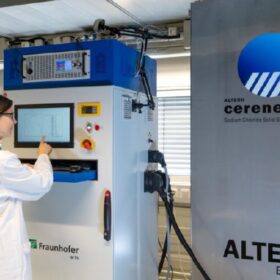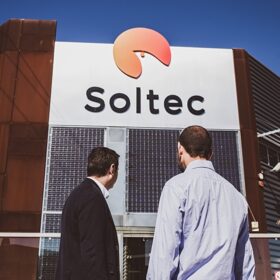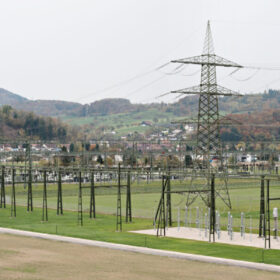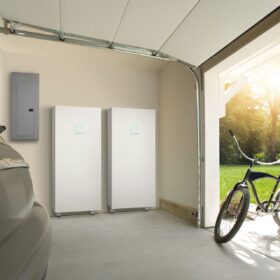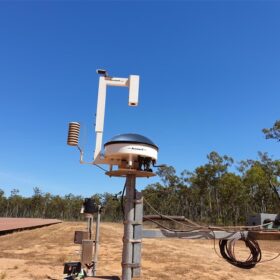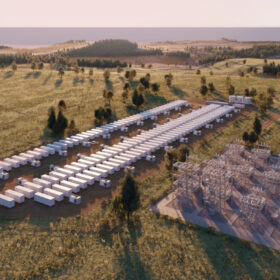Altech puts sodium chloride battery prototype to test
Western Australian battery technology company Altech Batteries has announced its first Cerenergy ABS60 salt-based battery energy storage system prototype is online and operating successfully across a range of temperatures, confirming its thermal stability and commercial viability.
Soltec enters pre-insolvency as Spanish regulator halts trading of shares
Spanish PV company Soltec has entered pre-insolvency proceedings to negotiate with creditors, and Spain’s National Securities Market Commission has suspended trading of its shares until it releases its first-half 2024 financial results.
Switzerland to host world’s largest redox flow storage project
Flexbase plans to build a 500 MW redox flow battery energy storage project in Switzerland in early 2025.
New tool optimises ground works, PV tracker planning
Spanish PV company Soltec and Aplitop have partnered to develop a computer-aided design plug-in application aimed at simplifying the planning process and reducing earth-moving operations, measurements, and the relocation of solar trackers in ground-mounted PV projects.
Most home battery storage systems meet warranty claims, new research finds
It took eight years of field measurements for researchers at the RWTH Aachen University in Germany to estimate the usable capacity of home battery energy storage systems and develop a dataset covering 106 system years and 14 billion datapoints. Their key finding was that home battery systems lose about two to three percentage points of usable capacity per year on average, meaning good news for the industry as most warranties in the market can be met with the implementation of capacity reserves.
Paxos unveils glass-glass PV tile with heat pump integration
Paxos Solar has developed a new glass-glass PV tile that integrates with heat pumps, featuring Longi’s back-contact solar cells. The 44 W, 59.5 cm x 48 cm tile can also produce heat for residential systems.
WA battery recycling specialist to scale up UK ambitions
Australian battery recycling startup Renewable Metals intends to expand by a factor of 10 a demonstration-scale lithium battery recycling plant being developed in the United Kingdom after raising $8.1 million in a seed extension round.
Australia opens multimillion dollar green hydrogen auction window with Germany
Investment confidence in Australia’s green hydrogen industry has received a $660 million boost following a joint declaration with Germany to negotiate supply chains that guarantee European buyers for Australian products.
Talga teams with Aurubis on recycled graphite battery anode project
Australian battery anode and advanced materials company Talga has struck a deal with German multimetals producer and recycler Aurubis AG to develop a recycled graphite anode product from materials sourced from used lithium-ion batteries.
French forecast service targets Australian solar
With Australia’s clean energy transformation ramping up, French solar energy and weather forecasting service provider Reuniwatt has unveiled plans to expand its operations in the country with the focus to include large-scale PV projects.
